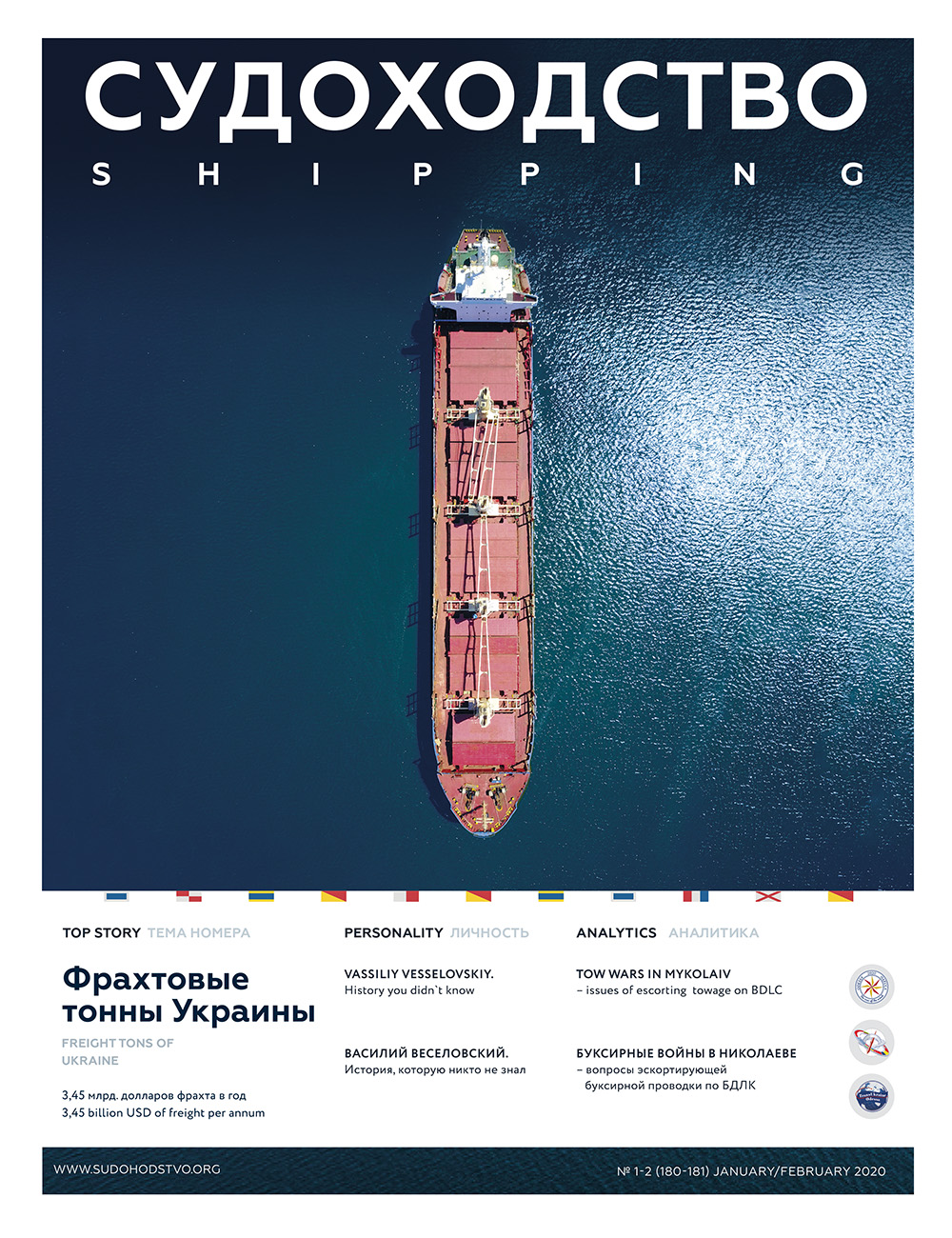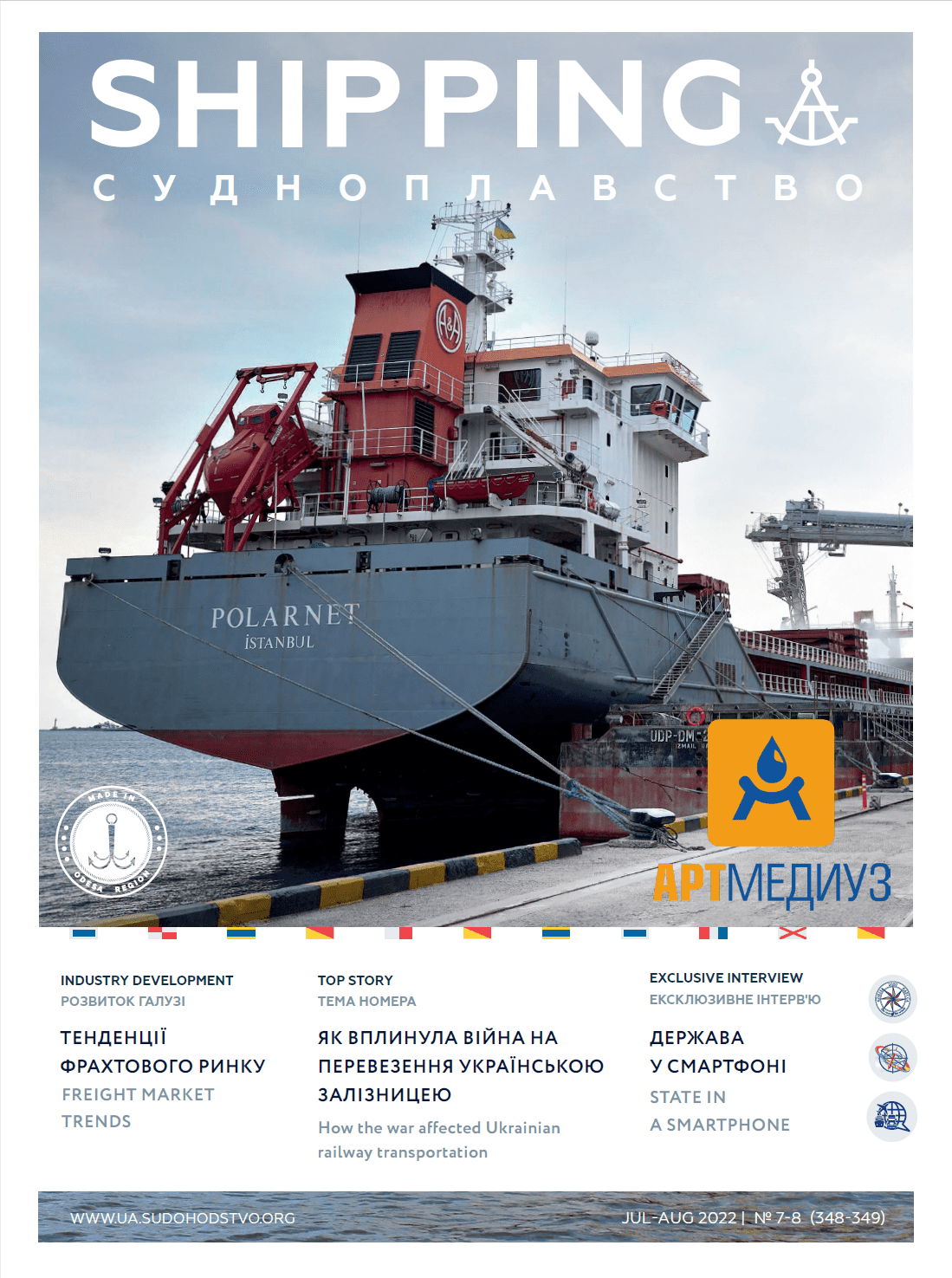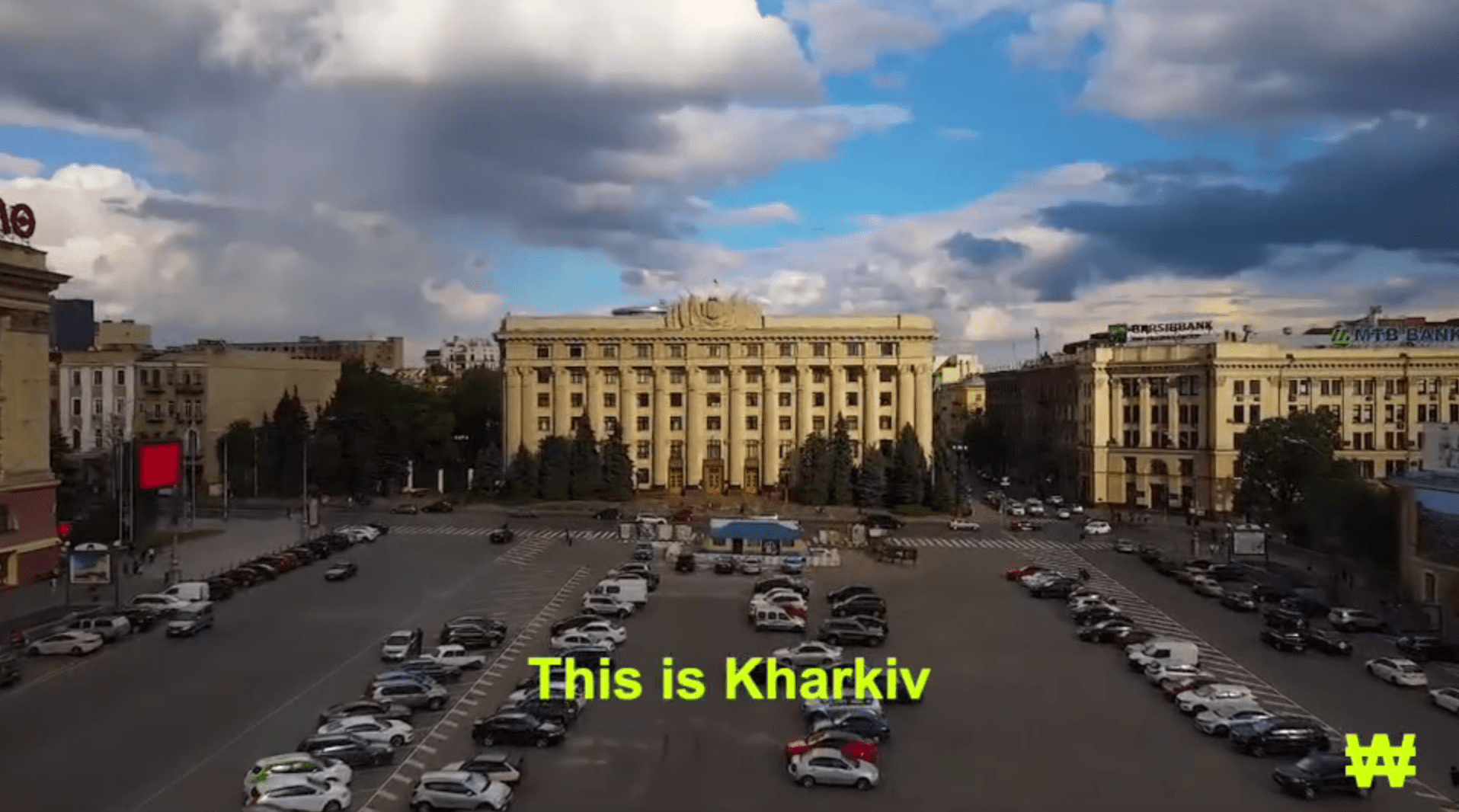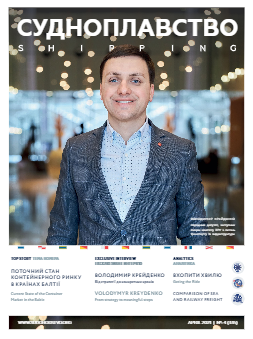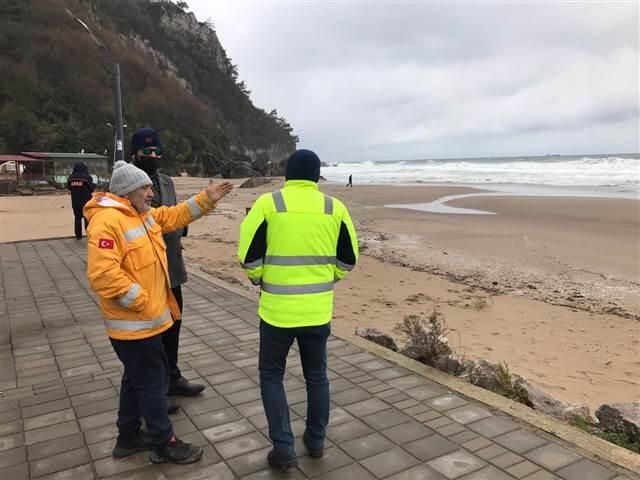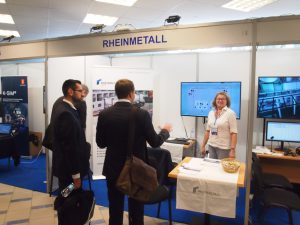
The Ministry of Infrastructure of Ukraine together with the Ministry of Digital Transformation of Ukraine and the NGO “Institute of Analytics and Advocacy” with the support of the USAID / UK aid “Transparency and Accountability in Public Administration and Services/TAPAS” Project are actively implementing the project on the eConsignment Note (e-TTN) in Ukraine. We spoke with representatives of the Kernel company, the largest producer and exporter of sunflower oil in Ukraine. Mykola Miroshnychenko, Director of Logistics, and Iryna Pyzhova, Head of the Controlling and Cost Accounting Department of the Logistics Department, shared the experience of Kernel’s transition to e-TTN.

Director of Logistics at Kernel

Head of the Controlling and Cost Accounting Department of the Kernel Logistics Department
When did you start using e-TTN in test mode?
І. P. We piloted the use of e-TTN from October 20th to November 30th, 2020. 5 dispatchers of the Bandur oil extraction plant, 24 drivers of transport partners and 4 weighers of the “Nika-Tera” terminal took part in the pilot project.
At that time, there was no regulatory framework that would oblige you to use e-TTN. Why did you decide to start implementing e-TTN so early?
М. М. Kernel took part in the pilot project on its own initiative to understand the process of information exchange from the inside, to adjust its own business processes taking into account new requirements. The future is based on progressive technologies, and Kernel, as one of the largest customers of transport services, sets trends in the business environment. By our own example, we sought to demonstrate to our partners and the market the need to change approaches and processes.
What difficulties did you face in the process of transition to the use of e-TTN?
І. P. The most convenient way to form e-TTN is through a smartphone or a tablet. Some of the drivers did not have the appropriate gadgets, which made it impossible for them to participate in the testing of the system. At the same time, an electronic digital signature of an official could be obtained only in regional centers, while carriers, terminal and factory workers were in the regions. That is why we agreed with the representatives of the Central Committee on Outbound Issuance on issuing outbound certified digital signatures for employees, which made it possible to significantly speed up the process of obtaining certified digital signature and reduce costs for this. Due to inexperience, drivers sometimes forgot the passwords from the accounts in the system, and did not remember where to go to sign e-TTN. The last point is the lack of internet coverage at the download location.
Is the use of electronic TTN more economically beneficial for business than the use of paper TTN?
І. P. Definitely, yes! And not only economically more profitable, but also more secure. Errors during the creation of the document are reduced to a minimum, so all the necessary data is displayed correctly. In addition, the consignor, having access to e-TTN, can reflect the movement of his goods and material values more accurately.
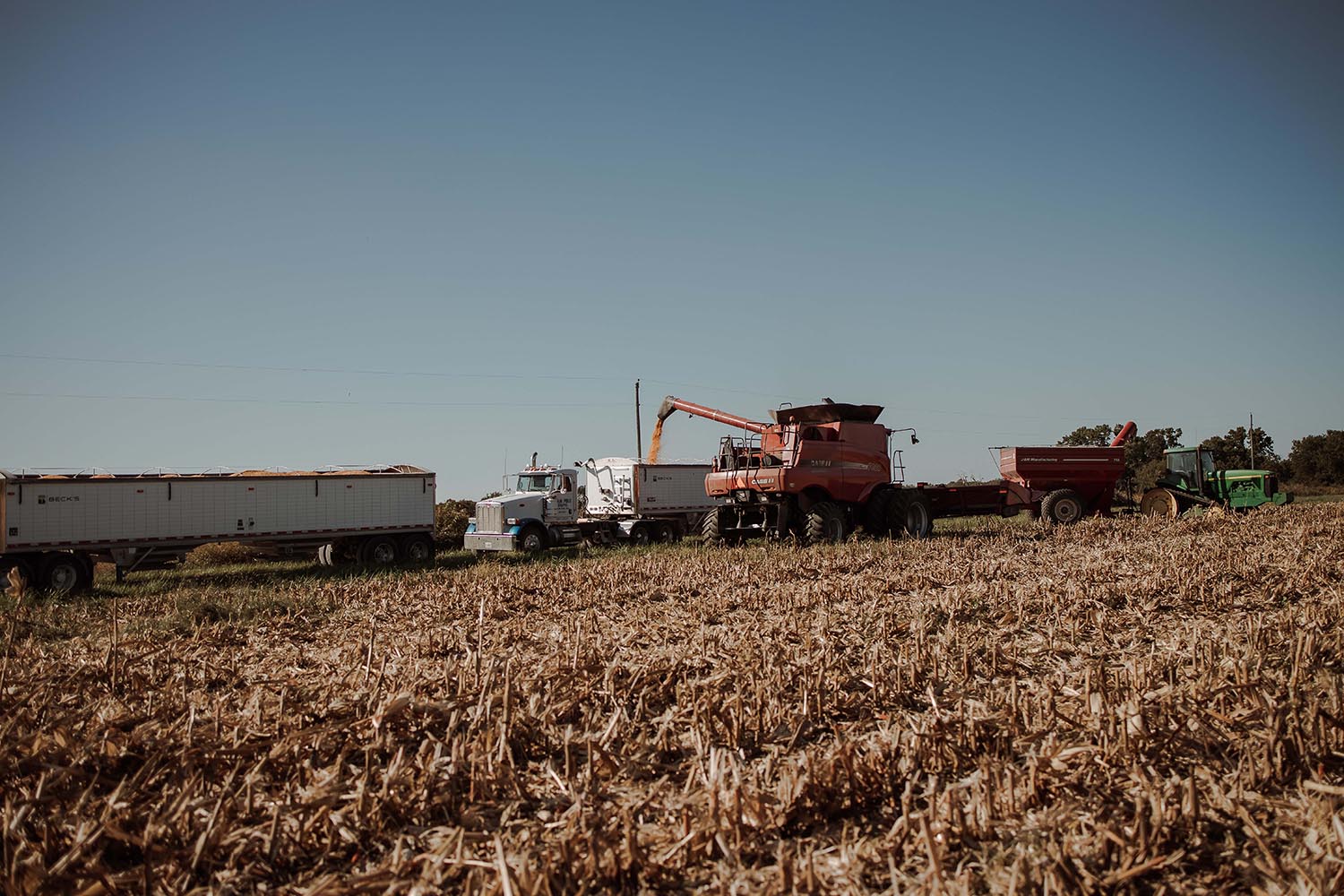
What are the peculiarities of using the e-TTN system for the agricultural sector?
М. М. Among the peculiarities in the agricultural sector, there are certain difficulties with the quality of communication in rural areas, especially in the places of harvesting, and lack of weighing stations in the fields. The use of e-TTN requires the mandatory indication of the weight of the cargo when loading the vehicle. However, due to the difficulties in determining the exact weight when loading the machine, it is necessary to have the possibility of its further clarification, for example, by the consignee during the unloading.
How do you assess the government’s activities on the implementation of e-TTN?
М. М. The Ministry of Infrastructure should use a broader information strategy, which, by the way, has become very noticeable in recent months. At the same time, we also see certain steps taken by the Ministry of Digital Transformation of Ukraine, which supports the implementation of the project within the framework of the state strategy to abandon paper document circulation, especially in matters concerning the simplification of the use of electronic signatures and the transition to cloud-based certified digital signatures.
In your opinion, is the transport market ready for the transition to the electronic TTN?
І. P. The market is ready, but the complete transition to e-TTN is hindered by the lack of certified digital signatures for all employees who will be involved in the process.
М. М. I think the problem is not so-called technical readiness, but the fact that the market does not consider something like this until it becomes mandatory.
What can you suggest to other market participants who are planning to use e-TTN?
М. М. The most important advice is to start preparing for digital changes in transportation right now, because when the use of e-TTN becomes mandatory, it will be much more difficult to make changes in information systems and change processes. Also, taking into account the current situation in the country (martial law), it is necessary to think in advance how to work when there is no Internet or cellular communication is unstable. This is a question for companies that are preparing to implement the e-TTN system, as well as for the Ministry of Digital Transformation and the Ministry of Infrastructure.
І. P. I absolutely agree. Right now you can start choosing an electronic document flow provider that will help you solve your problems, negotiate a contract with it, start the process of obtaining signatures for all transportation participants, start setting up your IT systems in accordance with the technical and legal requirements for e-TTN. All this will bring you closer to the goal and allow you to be ready for changes in advance.




